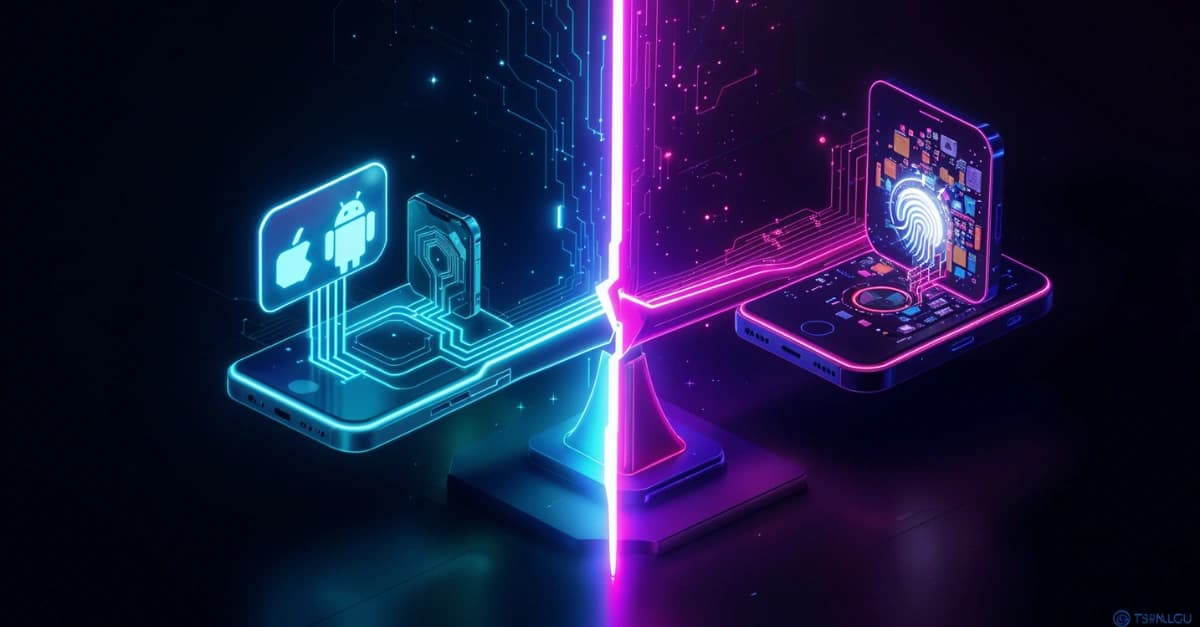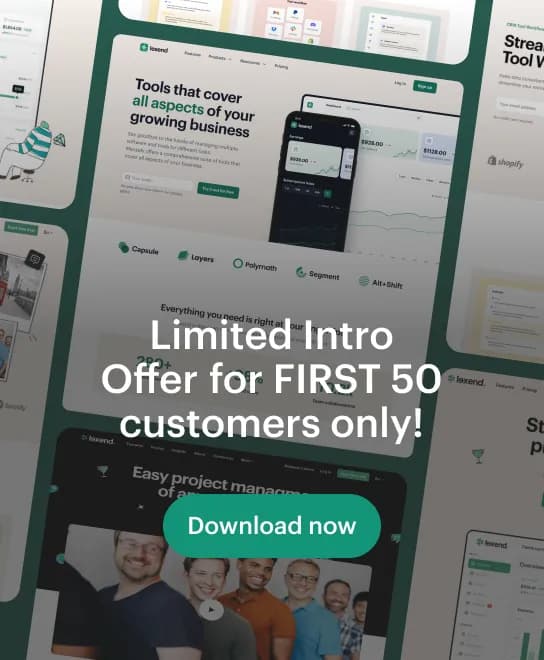Native Vs. Hybrid Apps: Which One Is Right For Your Business In 2025?

In 2025, mobile apps are no longer a luxury they’re essential. But not all apps are built the same. One of the biggest decisions you’ll face if you want an app for your business is: Native or Hybrid? The difference isn’t just technical it impacts how fast you launch, how users perceive your brand, how much it costs, and how well the app drives real sales.
This article breaks down what “Native” and “Hybrid” mean, the pros & cons of each, real-world examples, and which approach is best depending on your business goals.
What Does Native vs Hybrid Mean?
Native apps are built specifically for each platform (iOS or Android) using the platform’s tools (like Swift for iOS, Kotlin for Android). They tap deeply into device features like sensors, cameras, gestures.
Hybrid apps use a single codebase (often frameworks like React Native, Flutter, or similar). They combine web technologies (HTML, JavaScript, etc.) with a native “wrapper” so the same app runs on both iOS and Android with fewer changes.
Why the Choice Matters for Your Business
The platform you choose influences:
User experience (speed, smoothness, polish)
Cost & speed to market
Maintainability & updates
Access to device features
Scalability & long-term performance
Every dollar, minute, and user interaction counts when you’re trying to turn interest into sales. Choosing the wrong approach can mean slower performance, frustrated users, or higher costs.
Native App Advantages (and When It’s the Smart Choice)
Native apps tend to shine when performance, user experience, and feature access are high priorities. Here’s what makes them valuable:
Superior Performance and Responsiveness
Native apps are optimized for each platform, offering faster load times, smoother animations, and better offline usage. If your app involves heavy graphics, AR, large media, or intensive gestures, native delivers a more reliable experience.Full Access to Device Features
Because they’re built specifically for a platform, native apps can use all hardware-specific features (camera, fingerprint sensors, encryption, etc.) without workaround plugins. Security-sensitive apps (payments, health, banking) often require this depth.Better UX & Brand Perception
Users often notice subtle things: UI animations, transitions, consistency with their device environment. Native apps tend to “feel” more polished, increasing trust. That trust leads to higher retention, more engagement, and then more sales.Offline & Reliability
Native apps can store more locally (cache, assets), meaning they work more smoothly offline or in poor network conditions. This reduces drop-offs and keeps people engaged even if connectivity is unstable.
When Native is the Right Pick: if your business depends on high performance, needs advanced device features, demands top-tier user experience, and you have the budget & timeline to support development for both platforms.
Hybrid App Advantages (and When It’s the Smart Choice)
Hybrid apps shine in different areas. They’re ideal when speed, cross-platform reach, and budget are more important than polish or maximum performance.
Lower Cost & Faster Time to Market
Since you build one codebase for both iOS & Android, development and maintenance costs are significantly lower. You can launch faster and test your idea in the market more quickly.Simplified Maintenance
Updates, bug fixes, and feature additions are made once at the core, then deployed to all platforms. This saves time and reduces the risk of version mismatch.Good Enough for Many Use Cases
For apps whose core functionality is simpler content delivery, bookings, basic eCommerce, loyalty programs hybrid apps provide excellent performance and user satisfaction without the overhead of full native.Scalability of Reach
If your priority is reaching both Android and iOS users quickly, hybrid is very effective. You get presence on both app stores without targeting two separate development teams.
When Hybrid Makes Sense: when budget is limited, you want to validate your app idea quickly, or your app doesn’t require intensive graphics, advanced sensor features, or ultra-fast performance.
Real World Example Comparing the Two
A local service business (we’ll call them “FitLife Booking”) first launched a hybrid version of their app to allow customers to view classes, book sessions, and get push notifications. The hybrid version let them get to market in under 8 weeks and start collecting revenue. But some users reported that the scheduling calendar was laggy, and animations when scrolling felt less smooth on older Android devices. Conversion from browsing to booking was lower than expected.
So, after proven demand, FitLife upgraded to a native implementation for iOS and Android, optimizing the calendar interactions, smooth transitions, and offline schedule caching. Within 3 months, bookings increased by ~45%, user ratings in app stores improved, and retention of users returning weekly rose significantly. Even though the up-front cost was higher, the sales growth and improved retention paid off.
That’s how a business used Hybrid to start, then Native to scale for real sales.
How Icon Global Digital Helps You Choose & Build Right
We guide businesses through this decision so that you invest in the version that makes sense for your sales goals now and your growth goals for tomorrow. Our process includes:
Evaluating your target audience and what devices & features they use
Defining the core features and user experience you must deliver
Budget & timeline planning
Building either hybrid or native apps built to convert (fast checkout, push notifications, offline support, loyalty incentives)
Continuous optimisation & support
Final Thoughts
There’s no “one size fits all” answer. If you want speed and lower cost to test your idea, Hybrid gives you that. If performance, polish, advanced features, and top user experience are key to your brand, then Native is the way forward.
In 2025, your choice between Native vs. Hybrid isn’t just about tech it’s about sales, reputation, user satisfaction, and repeat business. Make the right decision now, build well, and your app becomes a powerful growth engine not just a digital presence.
👉 Explore our app development services to see what option fits your business: https://www.iconglobaldigital.com/services/mobile-app-development
📧 info@iconglobaldigital.com
📞 +61 411 681 788
🌐 www.iconglobaldigital.com
📅 Book your free strategy session: https://www.iconglobaldigital.com/schedule-meet
Tell us about your project
Help us understand your needs so we can provide the best solution



